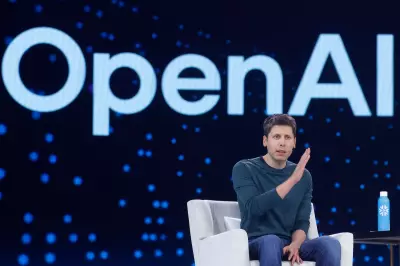
Australian radio personality Kyle Sandilands finds himself at the centre of a regulatory storm following controversial comments made on his popular breakfast show. The broadcasting watchdog has launched a formal investigation into the incident that has sparked widespread criticism and debate about media standards.
The Controversial Broadcast That Sparked Outrage
During a recent episode of The Kyle and Jackie O Show, Sandilands made remarks that immediately drew fire from listeners and media commentators alike. The Australian Communications and Media Authority (ACMA) has confirmed it is examining whether the broadcast breached industry codes of practice.
The incident represents another chapter in Sandilands' long history of contentious on-air moments, though regulators appear to be taking this particular case with heightened seriousness. Sources close to the investigation suggest the probe will focus on whether the content violated standards regarding decency and responsible broadcasting.
Regulatory Response and Industry Reaction
ACMA has initiated a formal investigation process that could potentially lead to significant consequences for the radio host and his station. The media watchdog possesses the authority to impose substantial fines or even suspend broadcasting licenses if serious breaches are confirmed.
Industry observers note that this investigation comes at a time of increased scrutiny around media accountability. "Regulators are clearly taking a firmer stance on content that pushes boundaries," commented one media analyst who preferred to remain anonymous.
The radio station that airs The Kyle and Jackie O Show has yet to make an official statement regarding the investigation, though insiders suggest legal counsel has been engaged to manage the regulatory process.
Broader Implications for Media Regulation
This case raises important questions about the balance between creative freedom and social responsibility in broadcasting. Consumer advocacy groups have welcomed the investigation, arguing that it demonstrates regulators' willingness to hold powerful media figures accountable.
The outcome of this investigation could set important precedents for how similar cases are handled in future. Media lawyers are watching closely as the process unfolds, particularly given Sandilands' profile and the show's substantial audience reach.
Historical context suggests that while Sandilands has faced numerous controversies throughout his career, regulatory action has been relatively limited until now. This investigation potentially marks a shift in approach from authorities who appear increasingly prepared to intervene in content matters.
As the investigation progresses, all eyes will be on ACMA's findings and any subsequent actions. The radio industry broadly awaits the outcome, aware that it could influence programming decisions and compliance approaches across the sector.





